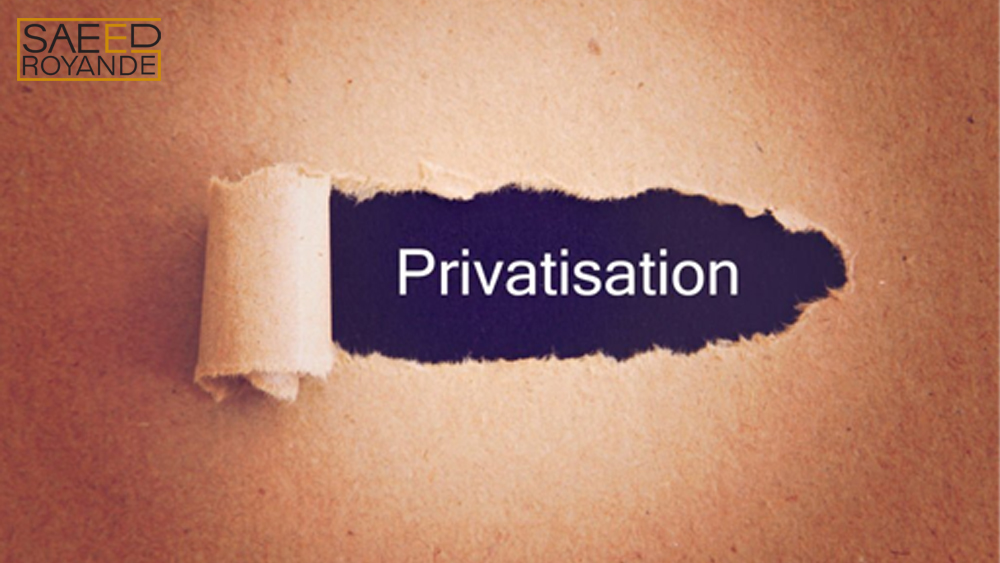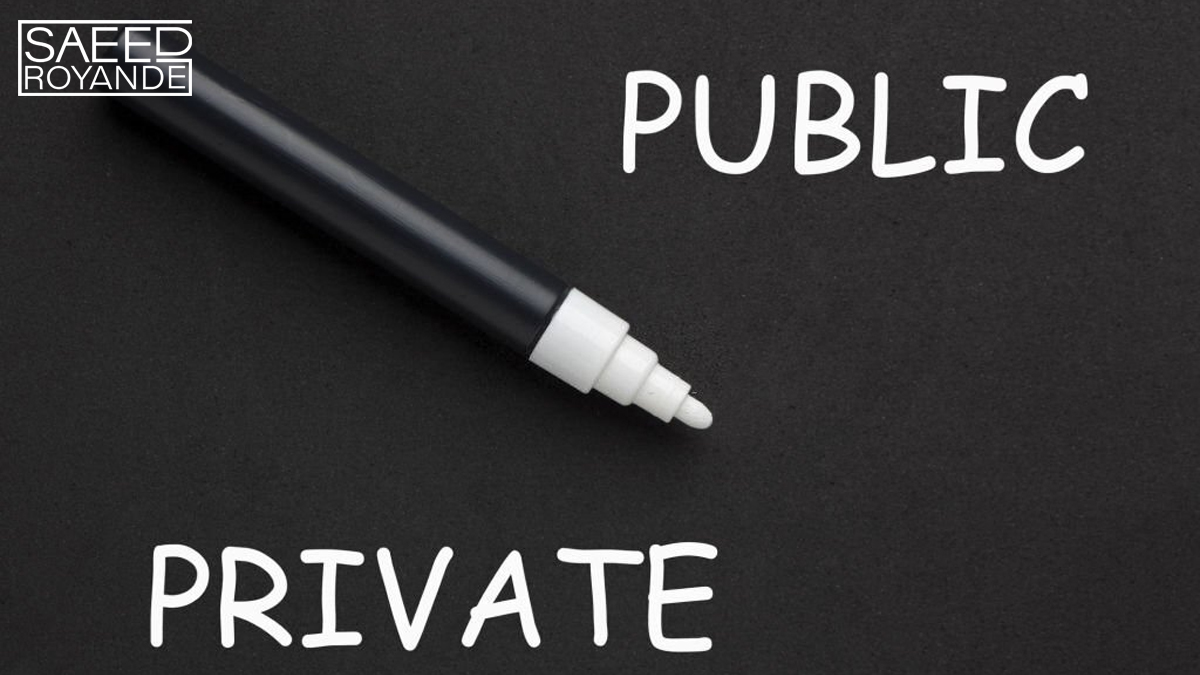Privatization entails the transfer of government ownership, property, or company to the private sector. The government no longer owns the company or firm—the process through which a small group of individuals takes a publicly listed corporation control. Wealth is created as a result of privatization. Profits are maximized while production costs are decreased. It is unquestionably a positive move if the government believes opening up a specific industry to competition would help both the market and the customer. In other words, it primarily seeks to improve the quality of services provided to people. Furthermore, taking over specific businesses reduces the government’s responsibility.
Potential advantages of privatization
Privatization refers to the sale of state-owned assets to the private sector. The profit motivation, it is said, causes the private sector to manage a firm more effectively. There are many potential benefits to privatization, such as:
Privatization enhance efficiency
The primary justification for privatization is that private enterprises have a financial incentive to lower expenses and become more efficient. Managers in government-run industries do not often share in earnings. On the other hand, a private company is motivated by profit; therefore, it is more likely to decrease expenses and be efficient.

Privatization
Privatization minimizes political intervention
It is believed that governments are bad economic managers. Political influences drive them rather than smart economic and commercial judgment. A state firm, for example, may employ surplus workers, a mistake commonly avoided by any private entrepreneur. Because of the unfavourable publicity associated with employment losses, the government may be hesitant to fire the employees. As a result, state-owned firms frequently employ excessive personnel, increasing inefficiencies.
Privatization has a long-term perspective
Many in government are just concerned about the next election. As a result, they may be hesitant to invest in long-term infrastructure upgrades that would help the corporation since they are more concerned with initiatives that will benefit them before the election. Decreasing public sector spending is simpler than cutting frontline services like healthcare.

Green traffic signs with private or public sector socialist capitalist privatization
Shareholders enforce privatization
It is stated that a private corporation has shareholder pressure to operate efficiently. If the company is inefficient, it may be targeted for takeover. Because a state-owned company is not subject to this pressure, it is simpler to be inadequate.
Privatization enhances competition
Privatization of state-owned monopolies sometimes occurs along with deregulation – policies that allow more enterprises to enter the industry and boost market competitiveness. This rise in competitiveness may be the most powerful impetus for efficiency improvements. For example, there is increased competition in telecommunications, gas, and power delivery. However, privatization does not always improve competition; it depends on the market’s characteristics. For example, there is no competition because tap water is a natural monopoly. In addition, there is little rivalry in the rail business.

Dollar money bags and industrial factory plant investment
Privatization in the real world
Prior to 2012, the state of Washington controlled all liquor sales inside the state, which meant that only the state could run liquor stores. This policy gave the state the authority to regulate how and when liquor was sold and collect any income generated by liquor sales inside the state. However, the state decided to privatize liquor sales in 2012. Private companies like Costco and Walmart could sell booze to the general public once it was privatized. All formerly state-run stores were sold or shuttered, and the state stopped receiving all liquor sales money.


